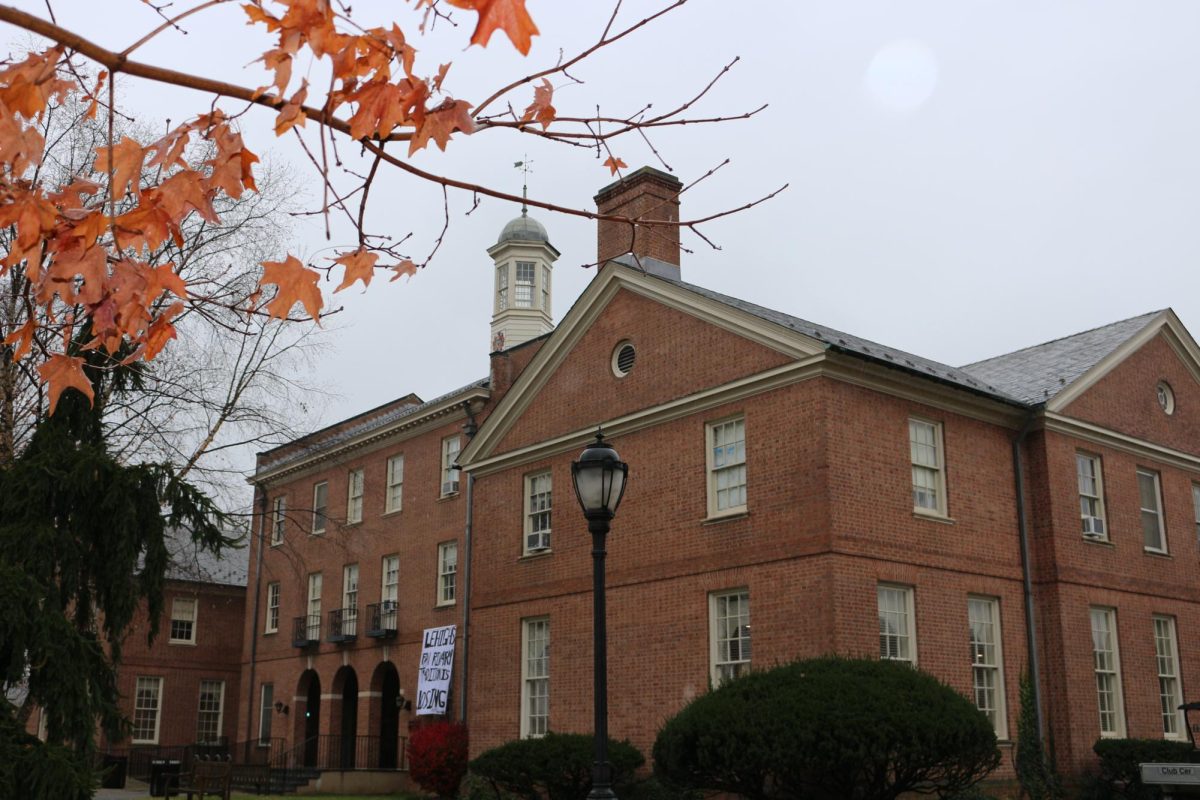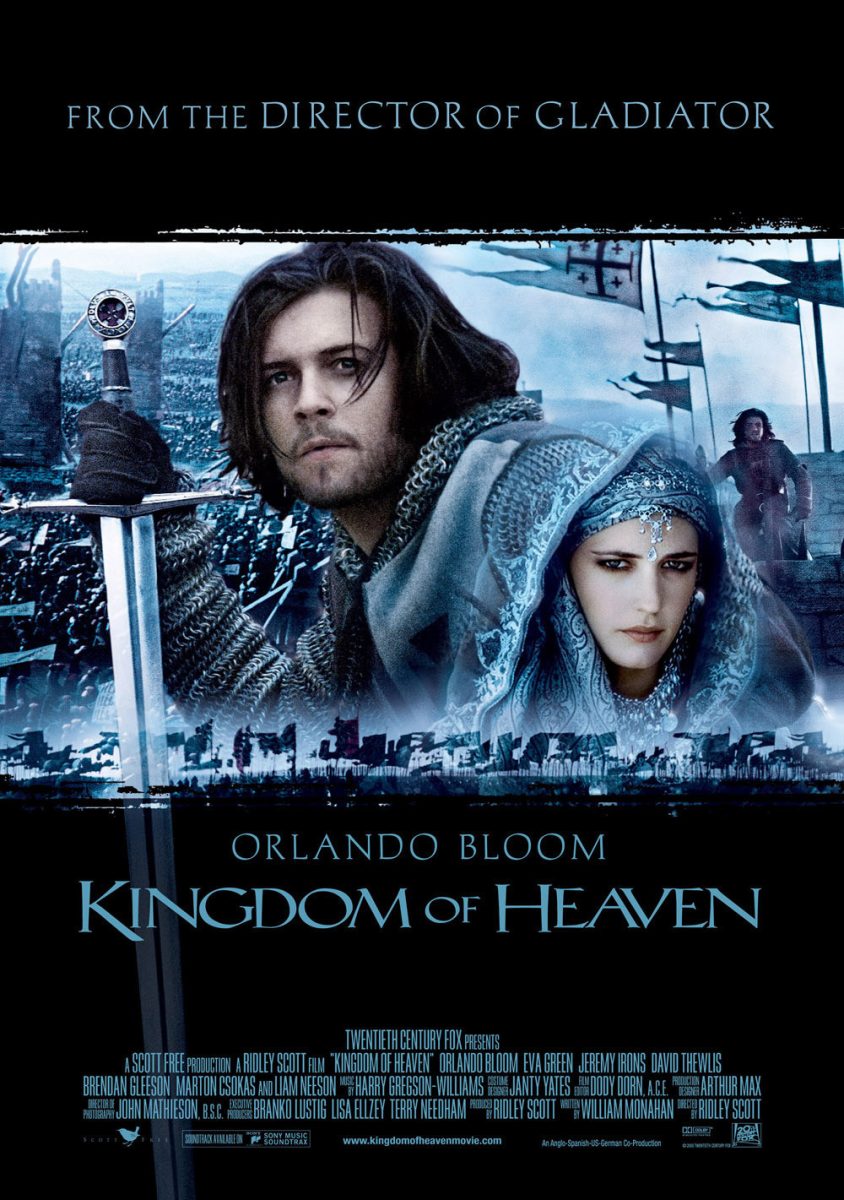Hollywood studios and their executives have long interfered with the creative visions of many esteemed filmmakers, causing many films to be released in incomplete forms. Sometimes, the director’s vision is restored, improving the film with the added scenes giving greater depth to the characters.
There is no better example of this than Ridley Scott’s 2005 historical epic “Kingdom of Heaven,” written by “The Departed” (2006) screenwriter William Monahan. Starring Orlando Bloom, Liam Neeson, Eva Green and Edward Norton, the film begins in 1184 and follows French blacksmith Balian de Ibelin (Bloom) as he journeys to Jerusalem to fight in the Crusades and serve King Baldwin IV (Norton). Balian also seeks to repent his sins.
Initially released with a runtime of 144 minutes, “Kingdom of Heaven” was seen as a generic action epic with dull characters and little emotional drama. Nev Pierce of the BBC called the film “spectacularly empty.” However, a few months after the film’s release, Scott supervised the release of his director’s cut, restoring 45 minutes of never-before-seen footage. This footage adds new scenes, giving more context to the motivations and reasoning behind the actions throughout the entire film of both Balian de Ibelin and Green’s Sibylla — the latter being the more significant change.
Because of these additions and the longer runtime, “Kingdom of Heaven” is now a sophisticated and breathtakingly grandiose historical epic that masterfully explores the themes of faith, love, death, martyrdom, equality and morality.
The Crusades were a horrific time, and “Kingdom of Heaven” does a brilliant job of representing this. It also does a great job of exploring all perspectives of the conflict — Christian, Muslim and other — giving the audience rational and irrational actions to contemplate from both sides.
The performances in the film are all nuanced and complex. Bloom, who was hot off the heels of the “Lord of the Rings” trilogy and the first “Pirates of the Caribbean” film, is exceptional. He does such a fantastic job at portraying a profoundly religious man who is grieving loved ones and conflicted with the violence happening before him but may be forced to act. Green is phenomenal, being the source for much of the humor in the film and the emotional through line and philosophical questions raised. The film would not be the same without her character. Even behind a metal mask, Norton is scene-stealing as King Baldwin. Other notable performances include David Thewlis, Jeremy Irons and Marton Csokas.
Even after all these years, “Kingdom of Heaven” remains Scott’s best-looking film, from the detailed sets and costumes to cinematographer John Mathieson’s awe-inspiring camerawork and visual effects that still hold up today. The recreation of Jerusalem is jaw-dropping and incredibly immersive. The action in the film is some of the best choreographed and staged combat in any Scott film. Lastly, the editing done by Dody Dorn is one of the best of her career, and it includes “Memento” (Nolan, 2000) and “Fury” (Ayer, 2014).
Overall, the director’s cut of “Kingdom of Heaven” ranked among the top of Scott’s filmography and the nuances of diplomacy, moral ambiguity and philosophical meditation on faith versus fanaticism are now fully realized.
Rating: ★★★★✯

























































































































